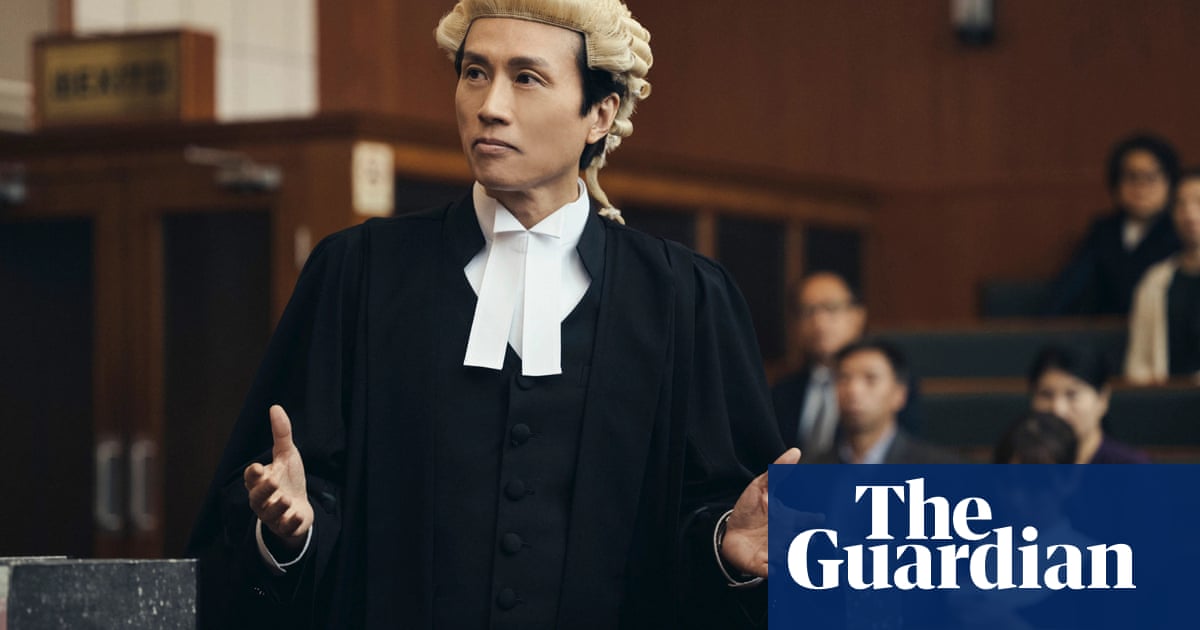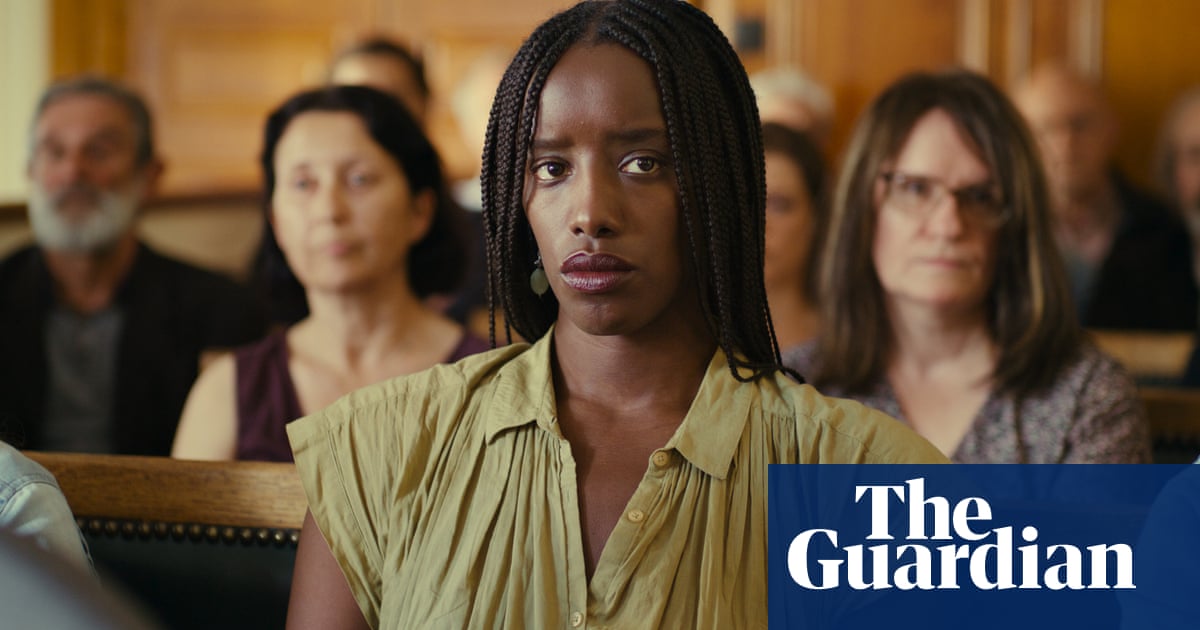
Hong Kong’s highest grossing Chinese language film of all time is a courtroom drama exploring themes of power and justice in a city where many feel both have been abused in recent years.
A Guilty Conscience, the directorial debut of the Hong Kong screenwriter Ng Wai-lun, tells the story set in the city of a single mother wrongly accused of murdering her daughter and the legal battle to clear her name.
Released in January 2023, it earned HK$115m (£11.6m) at the Hong Kong box office last year, making it the highest grossing film of 2023 in the territory. It was partly financed by the Chinese government’s film development fund, which contributed HK$8.9m to the film’s HK$22.2m budget.
The film was the only local production in the top 10 and was placed well ahead of the Hollywood blockbuster Oppenheimer, which earned HK$72.8, according to data from Hong Kong Box Office Limited. The total amount spent in Hong Kong’s cinemas in 2023 was HK$1.43bn. No mainland Chinese films made the top 10 list.
The film also performed well in mainland China, where it took 58.4m yuan (£6.5m) on its opening weekend.
Some media analysts have suggested the popularity of A Guilty Conscience may stem from its portrayal of justice in a city where, since the imposition of the national security law in 2020, increasing pressure has been placed on its judicial system.
In the film’s trailer, one character says: “A court of law is meant to be a place of justice, a place of fairness.”
Another character responds: “We believe that we are all equal, but the truth is, we are not.”
Shortly after the film’s release, one Hong Kong-bassed reviewer wrote: “At a time when so many important cases in national security law-era Hong Kong have been ordered to be jury-less trials, this element can make a movie like A Guilty Conscience represent wishful thinking or plain fantasy on the part of its makers. Or, alternatively, a reminder of how justice should be served and that might is not always right, with the underdog able to have its day some day(s).”
There is a long tradition of jury trials in Hong Kong, stemming from its time as a British colony. But under the national security law, national security cases are tried without a jury and with judges handpicked by the chief executive, a provision that legal experts say undermines judicial independence.
The crackdown on the pro-democracy movement, in which millions of Hongkongers protested against the increasing control of the Chinese Communist party on their city in 2019 and 2020, has also affected the film industry.
In 2021, the government amended the film censorship ordinance, giving the authorities the power to revoke the licence for films “found to be contrary to national security interests” and fine violators of the law up to HK$1m.












